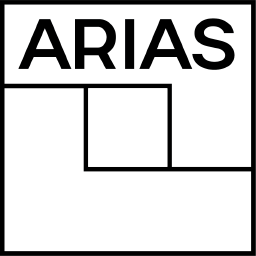

@FlorenciaColombo: Tender Attunements, in collaboration with Jules Sturm, La Capsula, Zürich 2024
Sandberg Instituut | 19 March 2025
The last session of the Slow AI Material Playgrounds for 2025 was created as a space where voice could become a material confluence of the bodymind.
The session began with a warm-up focused on attuning to listening and micro-perception, followed by sonic activation and conversational exchanges. By embracing the somatechnics of voice and listening, participants challenged automation bias and cultivated emergence, transforming their experience of self and temporality.
Bridging techno and soma through computation, this playground aimed at creating an environment that could transcended traditional logics of domination and control. Drawing from emergent practices, participants engaged with prompts that evoked liquid materiality and decomposable text—serving as infrastructures for re‑search and performativity from which sound unfolds.




The event flowed between attuning moments of relational listening and playful activation of creative prompts, punctuated by conversational ‘ripples’ that clarified the collective process. Here, the somatechnics of voicing and listening reshaped our experience of the Self and our sense of temporality.
To include the body in our practices of doing means also to actively resist the pervasive pull of the technological automation bias — our more habitual “path of least resistance.” Practicing emergence, in turn, insists in understanding uncertainty as generative and even sublime.





In the spring of 2024, the Slow AI project launched a series of material-based research workshops that took the form of Material Playgrounds, borrowing the term and building on the work of Socrates Professor Erik Rietveld. These workshops aim to collectively explore different ways of engaging with AI through material investigations that allow for playful exploration and experimentation.
Slow AI focuses on developing strategies to address colonial and extractive histories embedded in current AI systems by applying the concept of ‘slowness’ to a fast technology. It is a project initiated by artist and researcher Mariana Fernández Mora and a collaboration between the Visual Methodologies Collective (HvA) and the Sandberg Institute (GRA). In collaboration with the Artificial Worlds group at ARIAS Amsterdam and generously funded by the Centre of Expertise Creative Innovation, Slow AI aims to contribute to a more equitable and sustainable technological landscape.











